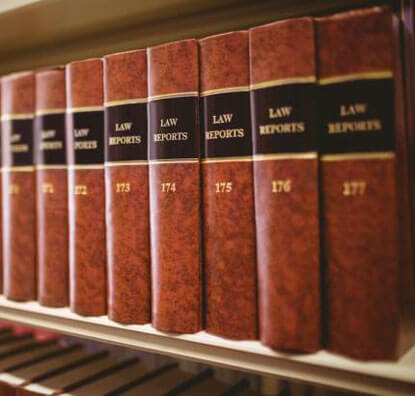Former BigLaw lawyer John Roesser has been arrested for allegedly submitting falsified records and lying to a bankruptcy court to keep assets that included a multimillion-dollar residence and an Aston Martin Rapide sports car. Roesser, who previously gave up his law license, was arrested in Bronxville, New York, on March 28.
Roesser faces one count of falsifying records in bankruptcy and one count of false oaths in bankruptcy. The maximum sentence on the charge of the records is 20 years in prison, while the maximum for the oaths charge is five years in prison. He was released on $250,000 bail on the day of his arrest, according to Law360.
The former partner at three BigLaw firms is accused of lying and submitting falsified records to the bankruptcy court to retain ownership of his assets while owing more than $3 million to the Internal Revenue Service and others. Roesser filed for Chapter 11 bankruptcy in Manhattan, New York City, in February 2022.
Roesser resigned from the New York bar in 2020 while being investigated for misappropriating nearly $100,000 in client funds, according to an August 2020 decision by the Appellate Division’s First Judicial Department of the New York State Supreme Court.
Let us help you advance your legal career – submit your resume to BCG Attorney Search now.
In the bankruptcy case, Roesser sought protection under Chapter 11, which allows a debtor to remain “in possession,” meaning that he can keep possession and control of his assets during the bankruptcy. The Chapter 11 debtor has to propose a viable plan of reorganization that creditors vote on.
Roesser allegedly told the bankruptcy court and the IRS that he would be receiving millions of dollars that would allow him to pay his debts while keeping his house. However, according to prosecutors, he later filed a false declaration and submitted falsified records indicating that he had received millions of dollars. The indictment alleges that a bank account for a company he owned “never had more than $200 in it,” and his debtor-in-possession account never had a positive balance.
According to prosecutors, Roesser’s bankruptcy lawyer later withdrew the false statements, and the bankruptcy case was dismissed.
In the press release, U.S. Attorney Damian Williams said that Roesser allegedly “manipulated the bankruptcy system” to keep his assets and avoid paying his bills.
“And he should have known better—he used to be a lawyer,” Williams said.
According to the press release, Roesser was a partner at Alston & Bird, Arnold & Porter Kaye Scholer, and Dechert during a nearly five-year period ending in about January 2018. Roesser was also a former partner at Seyfarth Shaw and Winston & Strawn and worked at Simpson Thacher & Bartlett.
This case reminds us that legal professionals are not above the law. Roesser’s alleged actions of lying and submitting falsified records to a bankruptcy court could have serious consequences, including up to 20 years in prison. It is also worth noting that Roesser had previously given up his law license after being investigated for misappropriating client funds. This case underscores the importance of ethical conduct in the legal profession and the potential repercussions for those who fail to uphold these standards.












































